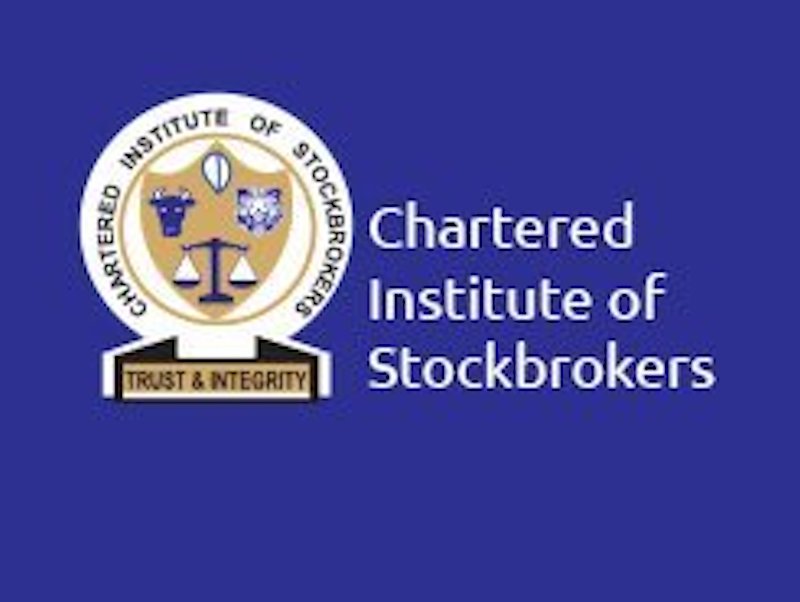The Chartered Institute of Stockbrokers has called on the Federal Government to implement urgent economic reforms to reposition Nigeria’s capital market as a key driver for achieving the country’s $1 tn economic target.
In a statement made available to our correspondent on Monday, the Chartered Institute of Stockbrokers said the call follows a one-day workshop held at the State House Conference Centre, Aso Rock, Abuja, themed ‘Capital Formation in Nigeria: Empowering Industry, Institutions, and Markets to Drive a $1 tn Economy’.
The Institute urged deliberate and coordinated actions to deepen capital formation across all sectors.
According to the statement, jointly signed by CIS President and Chairman of the Council, Oluropo Dada, and Registrar and Chief Executive, Ayorinde Adeonipekun, the Federal Government must lead strategic coordination among market players to harmonise fiscal, trade, and monetary policies to boost investor confidence and attract long-term capital.
The communique further noted that foreign direct investment inflows remain volatile due to currency risks, regulatory unpredictability, and infrastructure gaps, while domestic capital mobilisation through pensions, insurance, and retail investors remains underutilised for industrial financing. CIS emphasised that integrating Nigeria’s informal sector into the formal economy could unlock significant domestic capital and expand the tax base.
The Institute also stressed the need for well-structured financial instruments targeting diaspora savings and remittances, a national savings strategy to channel local savings into productive sectors, and prioritisation of infrastructure development through public-private partnerships.
CIS further called on capital market regulators to leverage the upcoming ISA 2025 to strengthen corporate governance, enhance disclosures, and improve dispute resolution mechanisms. Market operators were urged to innovate and scale diverse financial products to attract different investor groups, including millennials, Gen Z, and Gen Alpha, through instruments such as real estate investment trusts, venture capital, and long-term infrastructure funds.















